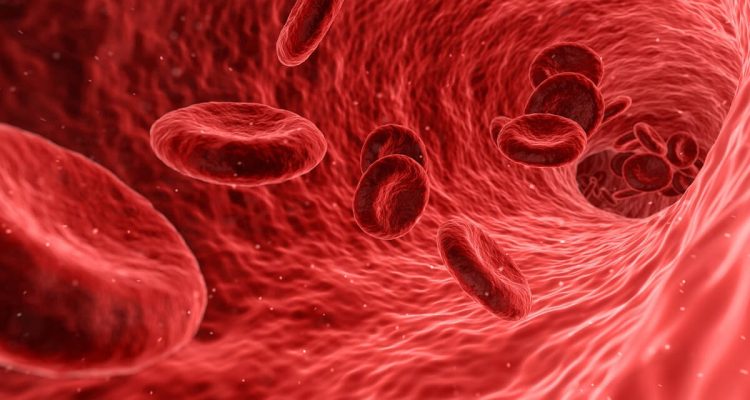
Health in the blood group: what diseases threaten every “type”?
0
no charlatanism-only science!
Many of us do not know their blood type – and this is not good. After all, in addition to the fact that this information may be necessary in the event of an accident, knowledge of your blood group will help to assess the risk of developing certain diseases. More and more studies are confirming the tendency of people with a particular blood group to an increased risk of developing dangerous diseases – and understanding of their “weaknesses” may be important for early prevention of diseases. Find out your blood type – and be sure to provide this information in your passport or other document you always carry with you. As well as evaluate the possible risks, and take action on time.Researchers from Denmark have studied as a blood group interacts with a genetic predisposition to deep vein thrombosis (TVV) or the appearance of blood clots in the lower extremities. The study analyzed the results of more than 30 years of health monitoring of 66 thousand people. As a result, it was found that people with II, III and IV blood group have a 40% higher risk of TVV development than with the most common I. Moreover, an additional study during which the impact of various factors on the risk of disease was studied, demonstrated : IV blood group increases the risk by 20%, and overweight and smoking – by 16% and 6% respectively.
Disease hearts
The impact of the blood group on the risk of heart disease was studied by Harvard scientists. As part of the study, they analyzed the health data of 77 thousand patients and found that the highest risk of heart disease has those who have a blood group IV – 23%. However, researchers are reminded that factors such as weight, smoking and type of diet have a much greater effect on the risk of disease.Researchers at the Carolinian Institute (Sweden) have found that the II blood increases the risk of gastric cancer by 20%. At the same time, patients with blood group I showed lower resistance to Helicobacter pylori bacteria that cause gastritis and gastric ulcer. The development of age -related cognitive disorders have people with blood group IV: as the results of one showed From studies, the presence of blood in this group increases the risk by 82%. Scientists are associated with the fact that people with a fourth blood group are usually higher in a special protein type that affects coagulation – and plays an important role in the development of age -related dementia. But it is important to remember that factors such as high blood pressure, diabetes, and smoking are much more at risk of developing the disease. The most protected from the development of stroke by researchers call the owners of group I blood: their risk is only 9%. Experts are not yet ready to answer what it causes this pattern, but remind that after 40 years it is important to control your blood pressure and if possible to give up smoking and excessive alcohol consumption.









Leave a Reply